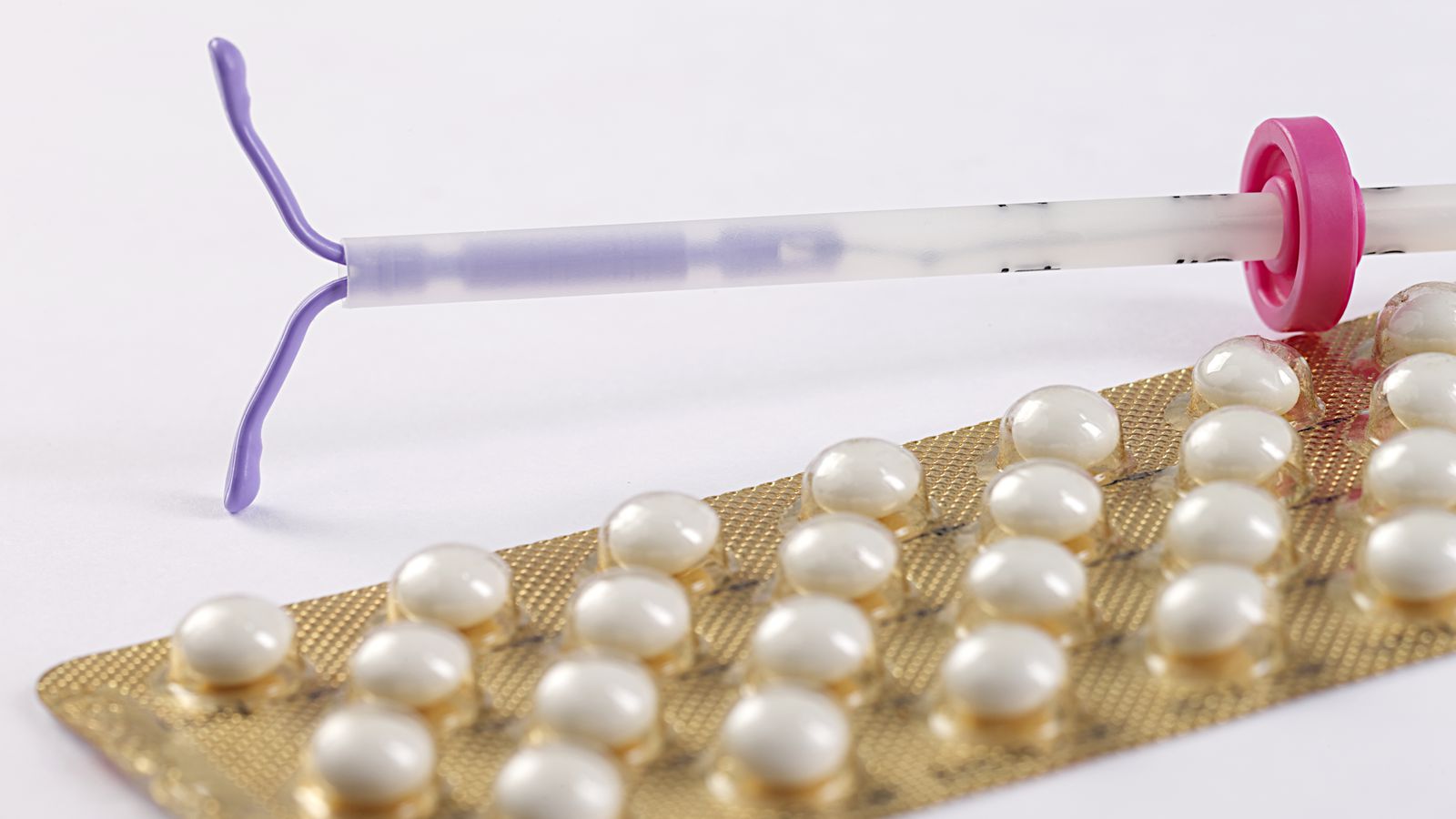Hormonal contraceptives – how to take them safely?

Risks of hormonal contraception.
Hormonal contraception is the most modern and effective contraceptive available. The degree of reliability is almost 99%! Modern drugs in this group have a high level of safety, but, like any drugs, they have side effects. The most serious are thrombotic complications (venous thrombosis, thromboembolism, heart attacks, strokes) caused by an increase in blood viscosity.
The predisposition to thrombosis is inherited!
According to modern concepts, the development of thrombosis is largely due to heredity. Genes have been identified, disorders in which can lead to venous and arterial thrombosis. This property is called hereditary thrombophilia, that is, a congenital predisposition to thrombosis. Hereditary thrombophilia according to National Medical Criteria is an absolute contraindication to the use of hormonal contraceptives. It has been proven that in women with hereditary thrombophilia, when taking hormonal contraceptives, the risk of venous thrombosis can increase 30-50 times!
When can a congenital predisposition to thrombosis become a disease?
The most common causes of thrombosis are:
taking hormonal contraceptives and hormone replacement therapy
smoking
age over 35
sedentary lifestyle, overweight
diabetes mellitus, other chronic diseases
increased levels of homocysteine, cholesterol
Proper preparation for starting oral contraceptive use
Initial examination by a gynecologist, ultrasound of the pelvic organs (uterus and appendages), ultrasound of the mammary glands.
Delivery of tests for coagulation (KI6 Coagulogram)
Clinical blood test, ESR, with formula (analyzer)
Determination of the level of homocysteine, cholesterol (total cholesterol).
Assessment of blood pressure, measurement of body mass index, assessment of concomitant somatic diseases.
An analysis to determine the genetic risk of thrombosis (genetic profile GP15 The risk of thrombosis in GC and HRT – 8 genes) is carried out once, no special preparation is required, you can donate blood at any time in any honey. the center of the MedLab network. As a result, you receive a conclusion of a geneticist with recommendations and determination of the level of risk of thrombosis.
A repeated visit to the gynecologist, who, according to the test results and in the absence of contraindications, will prescribe the optimal hormonal drug
Prevention of side effects with long-term use of hormonal contraceptives
It is recommended to regularly take tests for a coagulogram, complete blood count, homocysteine, cholesterol (in the first six months – every 3 months, then – once a year)
A repeat visit to the gynecologist 3 months after the start of hormonal contraceptives .
Regular examination by a gynecologist (at least once every six months)
When prescribing any drugs, it is necessary to warn the attending physician about the use of hormonal contraceptives, since these drugs affect the metabolism of many substances in the body.
Drinking enough fluids.
Do not overshadow the pleasures and joys of life with the risk of thrombosis https://en.wikipedia.org/wiki/Thrombosis!